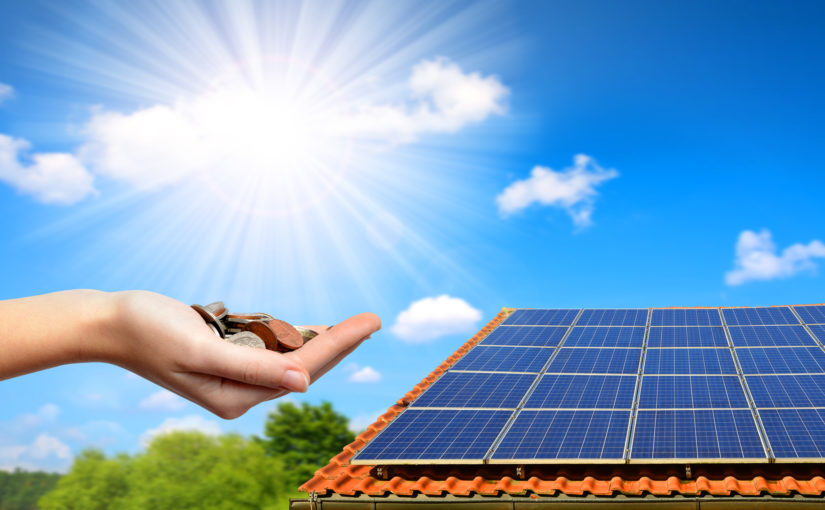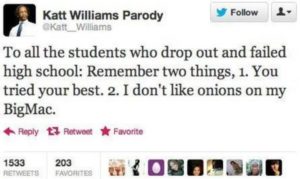Perhaps it is no surprise to any of you but today’s solar vendors are misleading customers about the economics. Customers are being told that rooftop solar is free and paid for on the savings on their electric bills. How can they make that claim? Easy … just exaggerate the savings and understate the costs.
Several of you have shared the detailed stories about listening to the pitches yourselves where the savings are unrealistic and escalated every year even when the electric rates have no history of rising at all at these levels. And, the costs seldom include added insurance, possibility of needing an umbrella policy, or the higher cost of reroofing.
Why do customers fall for this? For many, their money is simply not earning enough in savings accounts and they like the idea of doing something to show they are advocates of solar. Part of the current situation is also the deceptive way financing is used. After all, customers do not think about the purchase price if they are offered low-cost financing.
So, what happens when they sign up and they still receive high bills from the local electric provider? They call their electric utility to complain. They are mad and they think they are being cheated. Of course, in many cases this is the first time the utility found out they had installed panels even though customers were supposed to file applications in advance. So, wouldn’t it be a lot wiser to head this off at the pass with some educational online tools to help alert customers to the true costs of going with rooftop solar. The free ones provided by vendors are not presenting the full cost of ownership and use misleading and unrealistic assumptions.
Plus, most of you now have better options for your customers anyway … like buying into your true supply-side solar farms, which the application we build will encourage as a better alternative.
To learn more join Joel Gilbert for a webinar presentation, Solar Shenanigans, Oct. 5th at 2 Eastern, when he will take a candid look at this topic.




 generation has pulled up hard on the idea of hard work being any kind of a measure of success. I attended a national working session on the tribal polarization questions which centered on one of the missing elements: civics… kids today have no idea what this country was built on. Evidently civics is no longer taught as part of the core, so kids don’t know how government really works here.
generation has pulled up hard on the idea of hard work being any kind of a measure of success. I attended a national working session on the tribal polarization questions which centered on one of the missing elements: civics… kids today have no idea what this country was built on. Evidently civics is no longer taught as part of the core, so kids don’t know how government really works here.